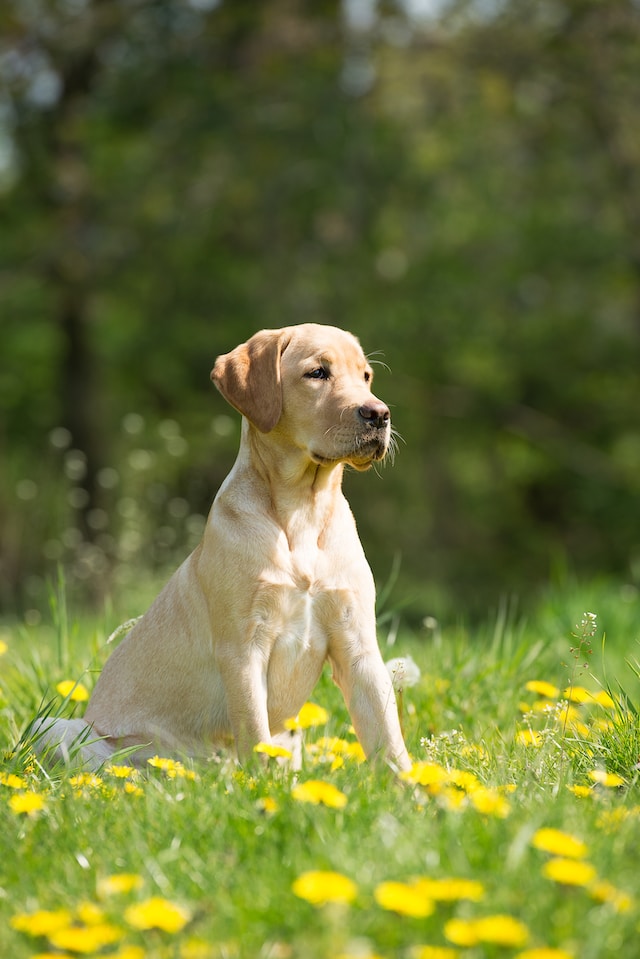
Housebreaking, or potty training, is one of the essential aspects of dog ownership. Whether you’re welcoming a new puppy into your home or adopting an older rescue dog, getting them accustomed to your household’s potty rules is crucial. This article offers a comprehensive guide with effective housebreaking tips for dogs of all ages.
Understanding the Basics
Before diving into specific tips, it’s essential to understand the basics of housebreaking. Dogs have a natural instinct to eliminate away from their living space. However, puppies and older dogs may not understand your household rules initially. Consistency, patience, and positive reinforcement are key to successful housebreaking.
1. Establish a Routine
Consistency is your best friend when housebreaking a dog. Set a regular feeding schedule for your dog and take them outside to the designated potty area shortly after eating, drinking, waking up, and playing. A consistent routine helps them understand when it’s time to go.
2. Choose a Designated Potty Area
Select an area in your yard where you want your dog to do their business. Take them to this spot each time you go outside for potty breaks. The familiar scent will encourage them to go.
3. Use Positive Reinforcement
Whenever your dog successfully goes potty in the designated area, praise and reward them immediately. Positive reinforcement, such as treats or verbal praise, helps them associate the behavior with something positive.
4. Watch for Signs
Pay close attention to your dog’s behavior. Signs that they need to go may include sniffing, circling, whining, or scratching at the door. If you notice these signs, take them outside promptly.
5. Supervise Closely
When you can’t supervise your dog, use a crate or a confined space like a playpen to prevent accidents. Dogs are less likely to eliminate in their sleeping area.
6. Be Patient with Older Dogs
Housebreaking an older rescue dog can be challenging because they may have established habits. Be patient and understanding. It may take some time for them to unlearn their previous behavior and adjust to your routines.
7. Clean Accidents Thoroughly
Accidents will happen, especially with puppies. It’s crucial to clean up messes promptly and thoroughly using an enzymatic cleaner. This helps remove the scent, preventing your dog from returning to the same spot.
8. Avoid Punishment
Never punish your dog for accidents. It will only confuse and frighten them. Instead, focus on positive reinforcement for good behavior.
9. Consider a Bell Training Method
Some dog owners have success with bell training. Hang a bell by the door and teach your dog to ring it when they need to go out. This can be a useful communication tool.
10. Be Prepared for Setbacks
Housebreaking is a process, and setbacks can happen. Whether it’s due to illness, changes in routine, or simply a bad day, be prepared to adapt and continue your training with patience.
Conclusion
Housebreaking dogs, whether they are puppies or older rescue dogs, is a journey that requires time and effort. However, with consistency, positive reinforcement, and a lot of patience, you can successfully teach your dog the rules of your household. Remember that every dog is unique, and the process may vary from one to another. Stay committed to the process, and in the end, you and your furry friend will enjoy a harmonious and clean living environment together.

